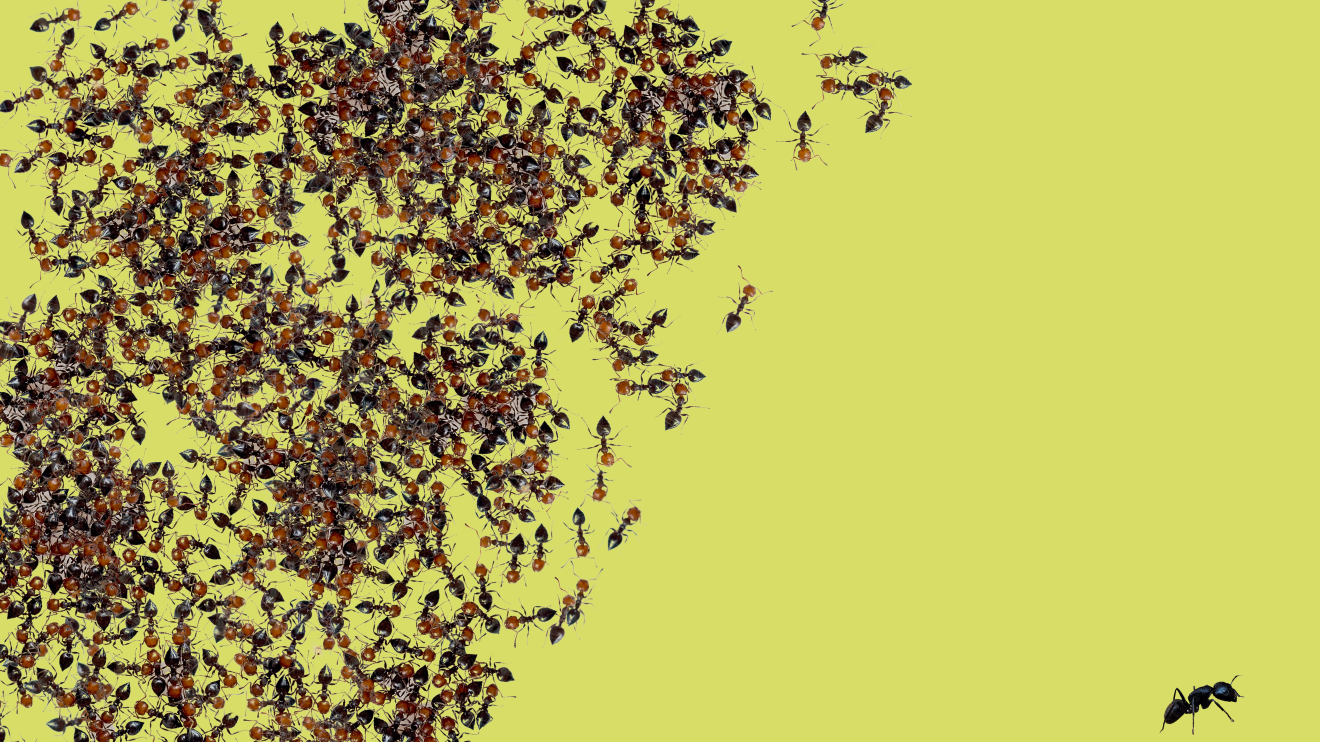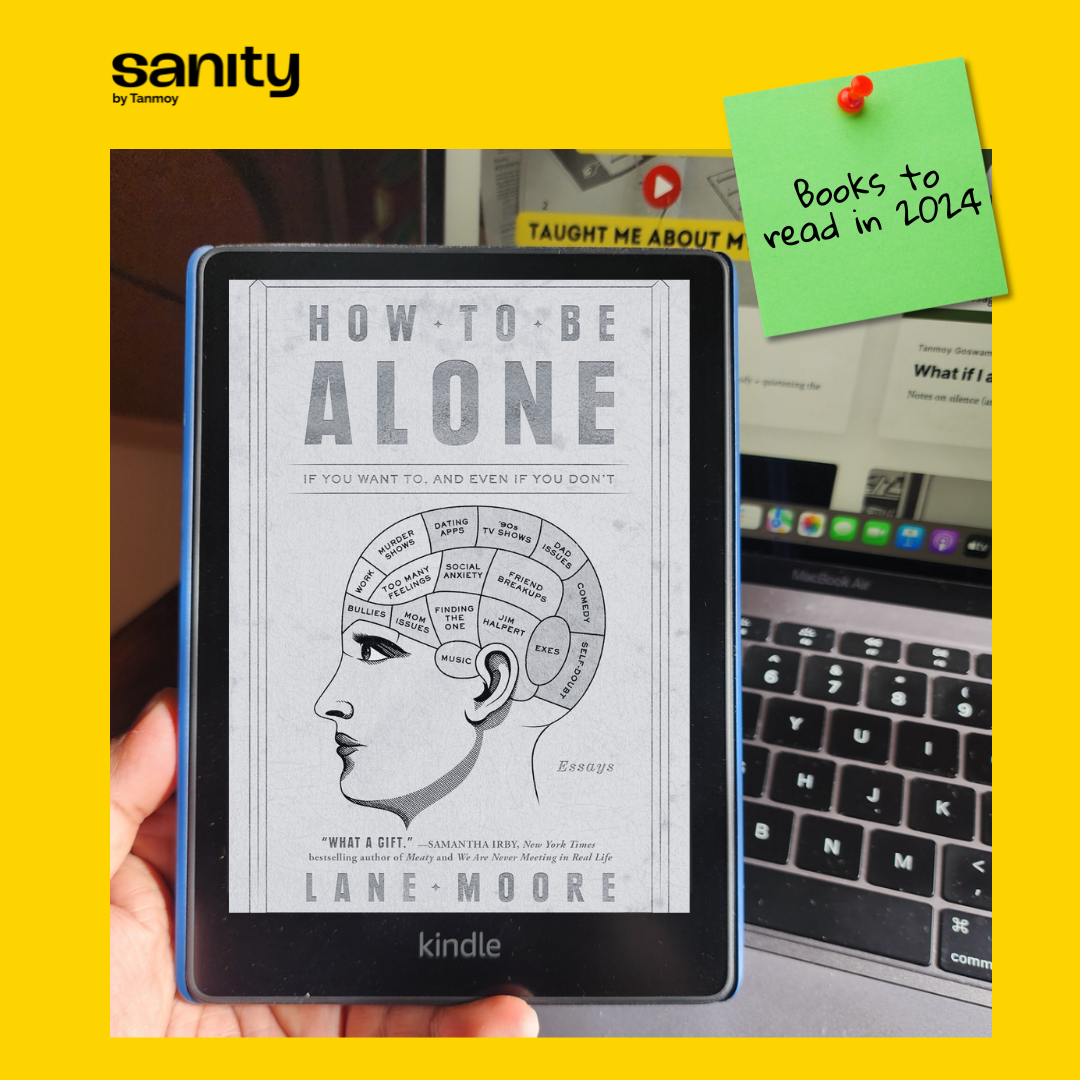
For those who long to belong
Books to read in 2024, part II | How to Be Alone, if You Want to, and Even if You Don't

Lane Moore | Atria Books
I discovered How to Be Alone: If You Want To, and Even If You Don't during peak lockdown 2020. We were chronically lonely with nowhere to go. I reached out for the book because it seemed to speak to the mood all around. The author, Lane Moore, is a comedian, director, actor, musician, creator of the hit show Tinder Live, and former sex and relationships editor of Cosmopolitan. She’s also a white person living in New York, the high temple of individualism. I was curious: How much could I, a brown girl in collectivist India, relate to her idea of aloneness?
First, a disclaimer on what How to Be Alone is not. It isn’t a self-help guide to beat loneliness. Neither is it a commentary on urban isolation the way Olivia Laing’s The Lonely City is, or a forensic study of loneliness digging its fingernails into the protagonist’s viscera as in Eleanor Oliphant is Completely Fine.
Moore’s collection of essays has little to do with the outward construction of loneliness as we usually imagine it, and more with the gnawing feeling that you don’t belong ‘here’, no matter where ‘here’ is. This isn’t physical isolation; it’s a form of emotional exile sustained by the walls you build around yourself — a response to your struggle to find connection and reliability in your relationships. The book unfolds as an investigation into the long shadow of nonexistent emotional safety and parental scaffolding in your early life. It is a letter addressed to those who know nothing of the warm, fuzzy word ‘home’.
But for all its heaviness, this book also holds out the comfort that comes with meaning-making. You may be lonely, Moore seems to be saying, but you are not alone.


